
ID notes:The basal rosettes are evergreen, and are a conspicuous component of the winter flora at high elevations. The plants have a distinctive skunky odor, easily smelled without touching or bruising the plant.
Origin/Endemic status: Endemic
Synonymy: = FNA20, K1, K3, K4, RAB, S, SE1, Tn, W
Wetland Indicator Status:
- Eastern Mountains and Piedmont: FAC
Heliophily: 7
Hover over a shape, letter, icon, or arrow on the map for definition or see the legend.
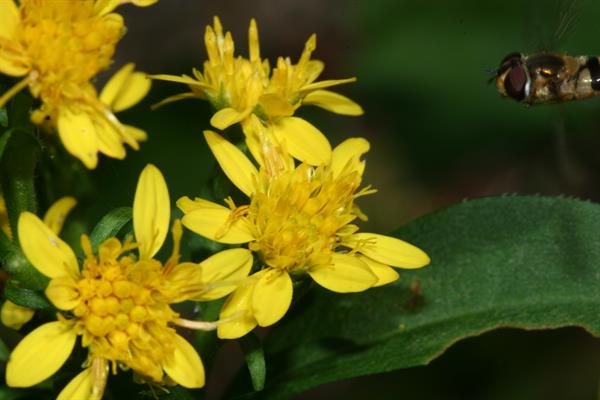 © Jeffrey S. Pippen | Original Image ⭷
© Jeffrey S. Pippen | Original Image ⭷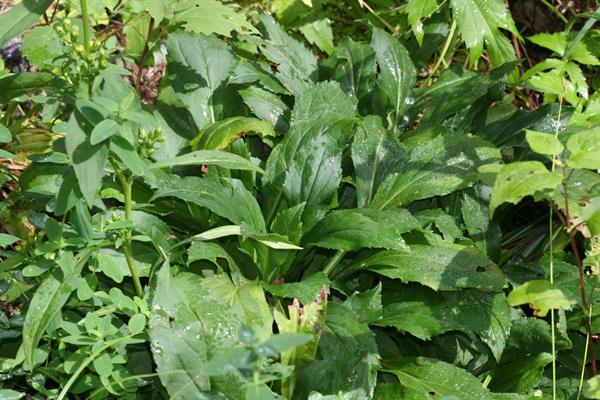 © Jeffrey S. Pippen | Original Image ⭷
© Jeffrey S. Pippen | Original Image ⭷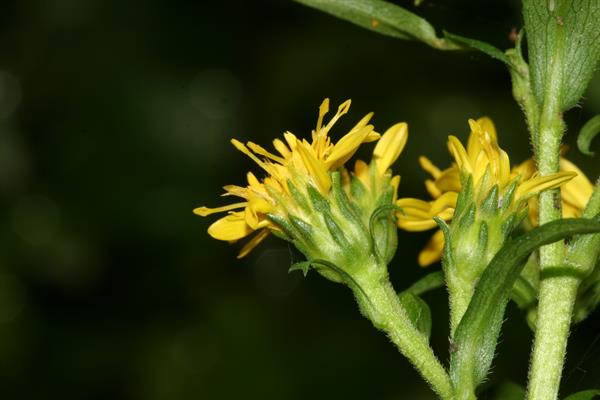 © Jeffrey S. Pippen | Original Image ⭷
© Jeffrey S. Pippen | Original Image ⭷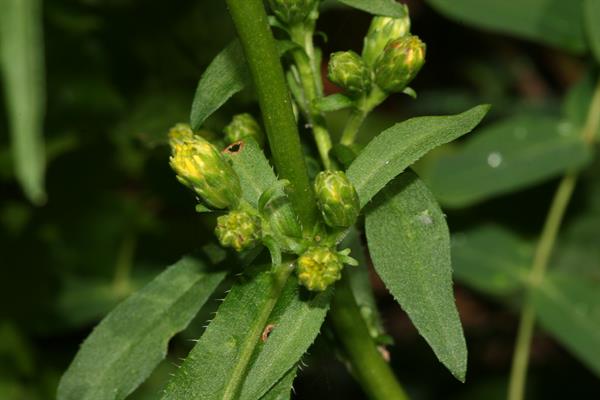 © Jeffrey S. Pippen | Original Image ⭷
© Jeffrey S. Pippen | Original Image ⭷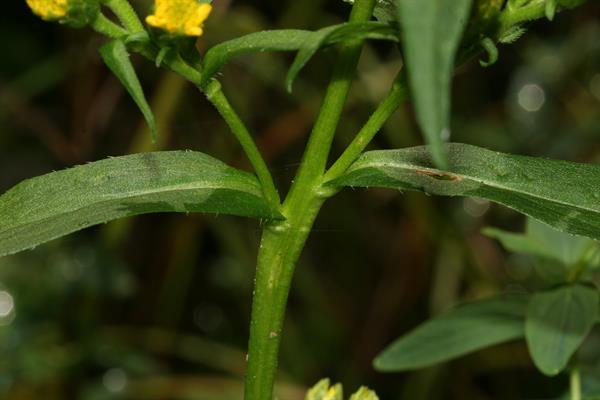 © Jeffrey S. Pippen | Original Image ⭷
© Jeffrey S. Pippen | Original Image ⭷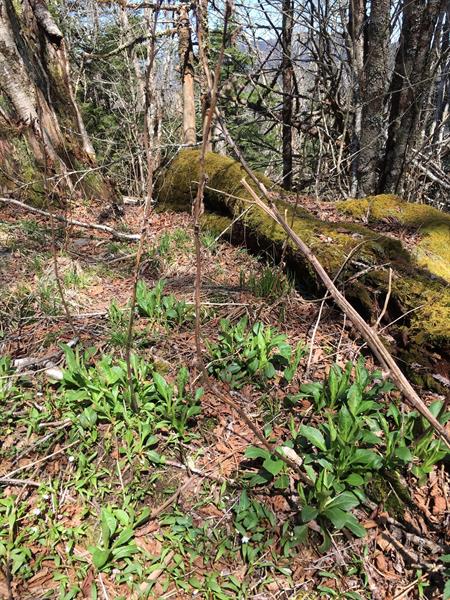 © Joey Shaw source | Original Image ⭷
© Joey Shaw source | Original Image ⭷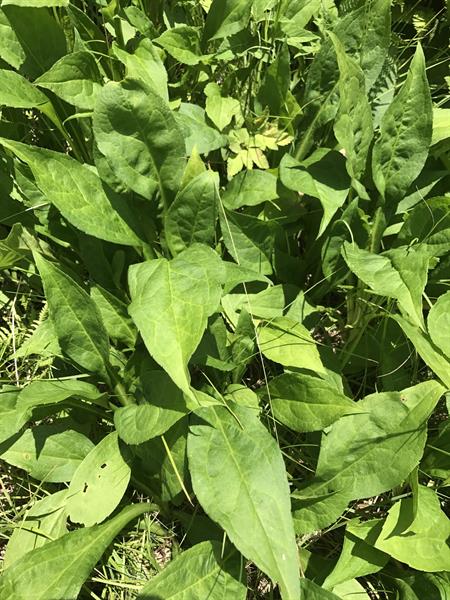 © Alan Weakley source | Original Image ⭷
© Alan Weakley source | Original Image ⭷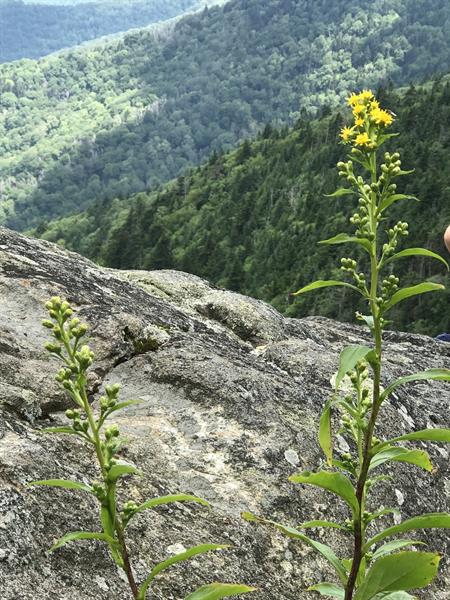 © Alan Weakley source | Original Image ⭷
© Alan Weakley source | Original Image ⭷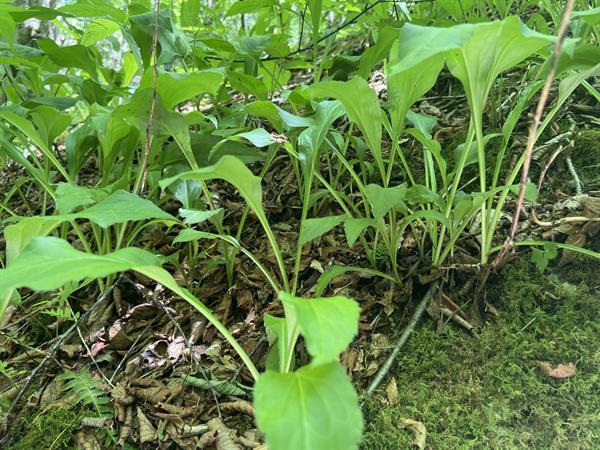 © Alan Weakley source | Original Image ⭷
© Alan Weakley source | Original Image ⭷Feedback
See something wrong or missing on about Solidago glomerata? Let us know here: (Please include your name and email if at all complicated so we can clarify if needed.)
Cite as...